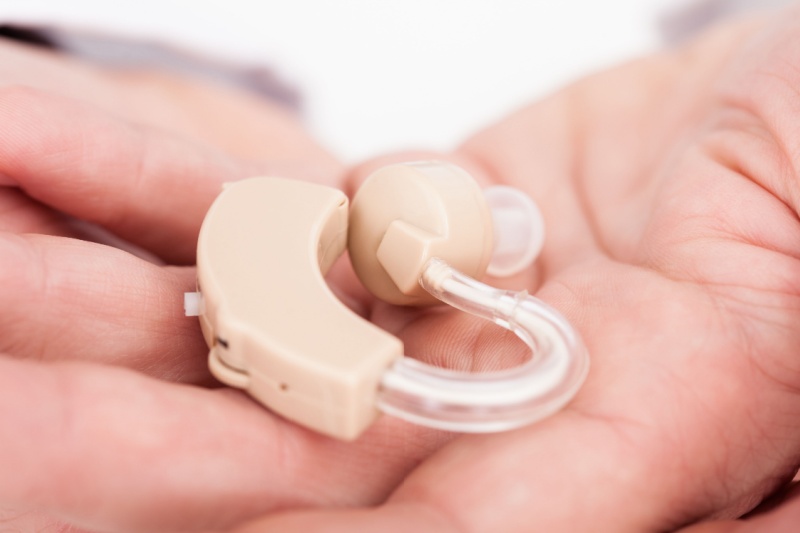
Down syndrome is a genetic condition marked by an extra chromosome, leading to a chromosome count of 47 instead of 46. This extra chromosome affects physical and mental development.
What is Down syndrome?
It is a genetic condition caused when abnormal cell division results in extra genetic material from chromosome 21. It can vary from one person to another and can cause long-term intellectual and learning disabilities. It is one of the most common causes of learning disability and other chromosomal disorders in children. It can also adversely affect their heart health and gastrointestinal disorders.
Who does Down syndrome affect?
Down syndrome is a condition that can affect anyone, irrespective of the measures taken by parents. Down syndrome often occurs randomly and is not usually passed down genetically. The disorder generally develops at the moment of conception, when the egg and sperm unite.
Down syndrome symptoms
Here are some common physical symptoms of Down syndrome that you can experience:
- Smaller head size
- Shorter neck
- Protruding tongue
- Learning and cognitive development
- Bad muscle tone
- Unusually shaped ears
- Short fingers, hands, and feet
- Heart diseases
- White spots on the iris
If you have Down syndrome, you can experience delays in mastering specific skills, such as:
- Fine motor skills for movement
- Language developmental skills for talking in everyday situations
- Cognitive skills for learning
- Emotional skills for social activities
You can also experience behavioral Down syndrome, which includes
- Stubbornness and excessive tantrums
- Inability to focus and concentrate
- Obsessive-compulsive behaviors
Down syndrome causes
Down syndrome occurs because of abnormal cell division involving chromosome 21. Three genetic forms of Down syndrome are:
- Trisomy 21: It is the most common type, seen in 95% of Down syndrome cases. Trisomy 21 will have three chromosomes in all cells instead of two. This occurs due to irregular cell division during the formation of sperm or egg cells.
- Mosaic Down syndrome: A rare form of Down syndrome in which only some of the person’s cells contain an extra chromosome 21. This mixture of cells with and without an extra chromosome results from an abnormal cell division after egg fertilization.
- Translocation Down syndrome: In this type of Down syndrome, part of chromosome 21 attaches to another chromosome before or during conception. It occurs when one chromosome breaks off and gets attached to another chromosome, resulting in the translocation of Down syndrome.
How is Down syndrome treated?

While Down syndrome cannot be cured, it can be managed by several therapeutic programs, including:
- Occupational therapy
- Speech therapy
- Participating in special education programs in school
- Glasses for vision problems
- Assisted hearing devices for hearing loss
Prevention
Down syndrome cannot be prevented since it is a genetic condition. However, if you want to learn more about genetic conditions, visit a medical expert and discuss your options for genetic testing.
Key Takeaways
- Down syndrome is a genetic condition characterized by the presence of an extra chromosome, resulting in a total of 47 chromosomes instead of the typical 46.
- Common symptoms include a smaller head and neck, as well as an increased risk of heart disease.
- The three genetic forms of Down syndrome are: Trisomy 21, Mosaic Down syndrome, and Translocation Down syndrome.
Stay tuned to the Activ Living Community. Keep updated with the latest health tips and trends through expert videos, podcasts, articles, and much more in nutrition, fitness, mindfulness, and lifestyle conditions like Asthma, Blood Pressure, Cholesterol, and Diabetes. Activ Living ke saath sahi sehat ki shuruaat ABHIkaro.
You may also be interested in the following blogs:
- 4 Ground Breaking Management Strategies For Autism Spectrum Disorder
- Understanding Epilepsy: Causes, Symptoms, And Treatment Options
Popular Searches
How to lower blood pressure | Fruits good for liver | Unhealthy foods | Ragi Benefits | Basal Metabolic Rate | Acupressure points for High Blood Pressure | Ayurvedic medicine for blood pressure | How to control cholesterol at home | Homeopathy for Asthma | Biological Age | Home remedies for TB | Natural beta blockers | Negative effects of internet | Types of walking | Blood pressure calculator | Blood sugar calculator | BMI Calculator





 1800-270-7000
1800-270-7000



